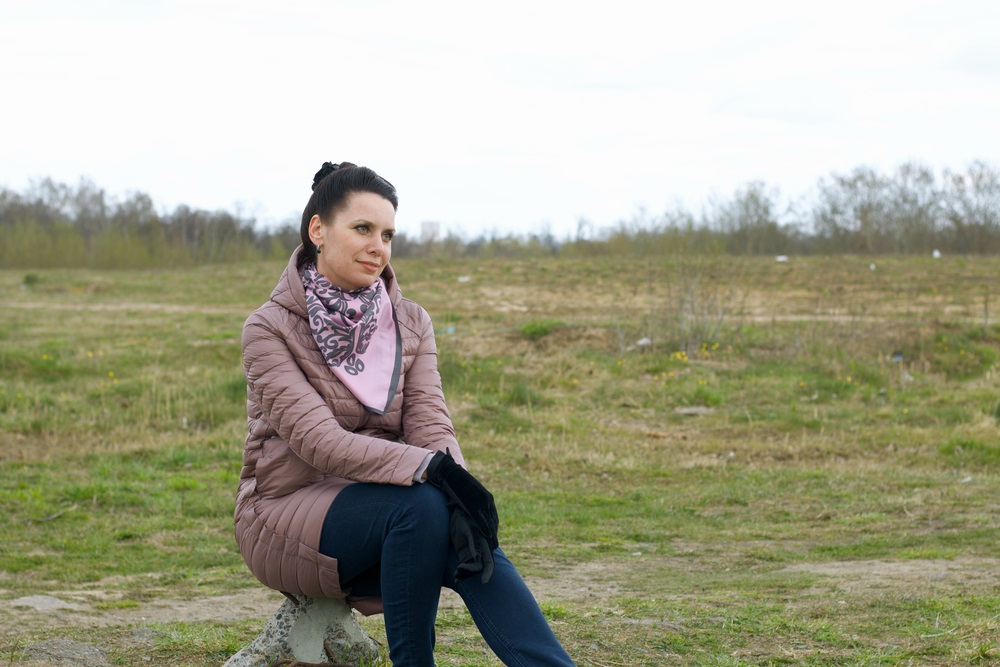- Home
- Blog
- Healthy Eating for Wellness
- 7 ways to build a strong immune system
7 ways to build a strong immune system
Written by Catherine Saxelby
on Wednesday, 24 August 2022.
Tagged: health, healthy eating, healthy lifestyle, nutrition
A properly functioning immune system is your best protection against energy-draining sicknesses such as the common cold or flu, and may also help to prevent more serious illnesses such as COVID-19 or swine flu. But before you spend up big on expensive herbal supplements or ‘immune-boosters’, try these seven basics first.
1. Eat a healthy diet based on nutrient-rich foods
Immune cells can’t function without proper nutrition, and a healthy balanced diet high in vegetables, nuts, fruits, fish, fresh meat, dairy or dairy alternatives, and whole grains gives you all the nutrients you need. There are five nutrients that you need to get enough of:
Vitamin A
This vitamin plays a role in preventing infection and maintaining the mucosa membranes. Vitamin A deficiency is associated with impaired immunity and increased risk of infections. But you need just the right amount, not overdoses from supplements.
Vitamin E
You need at least 10 mg of vitamin E daily, which you can get from a generous handful of almonds (7 mg vitamin E per 30 g/1 ounce). Alternatively, have a spoon of wheatgerm. Don’t take more than 300 mg, though: one highly publicised study suggests that high doses (400 mg per day or more) can increase the risk of death.
Vitamin D
Also known as the sunshine vitamin, you need vitamin D to produce certain germ-killing proteins. But many people are deficient. Getting 10 minutes of sunshine on the arms and face every second day is a good idea (but avoid the strong midday sun).
If you don’t get much vitamin D from food, a supplement with 12.5 micrograms (500 IU) a day can help. Vitamin D also plays a role in calcium absorption, so it’s worthwhile taking it if you’re older or have a weakened immune system. Many calcium supplements are now teamed with vitamin D (e.g. Ostelin) so you only have to take one supplement. A tablespoon of cod liver oil is also rich in vitamin D.
Zinc
This is a trace element essential for cells of the immune system, and for healing cuts and wounds. Zinc lozenges have been studied for their ability to reduce the common cold’s duration. Deficiency of zinc affects the ability of T-cells and other immune cells to function properly.
Caution: While it’s important to have sufficient zinc in your diet (8–14 mg per day), too much zinc can inhibit the immune system’s function. You’ll find zinc in lean red meats, chicken and fish. Liver, kidney and other organ meats are particularly high in zinc.
Selenium
This trace mineral helps to produce white blood cells and antibodies for the immune system. It acts as an antioxidant and works closely with another immune-builder, vitamin E. Most people aren’t deficient in selenium, but could use a little extra to sharpen their immune systems. You need 60–70 micrograms a day, which you can get from just one Brazil nut (the richest source) or a small can of tuna.
Supplements
Many people believe taking supplements will prevent infections, especially if they are feeling rundown. The truth is, if your diet is adequate, there is little evidence to support this. Nevertheless, about 50% per cent of people currently take some type of supplement, so here’s what to look for if you’re taking one to maintain your immune system or as ‘insurance’.
| Vitamin A |
1000 micrograms a day with a maximum of 3000 ug (10,000 IU) (take care if you’re pregnant because excess is harmful) |
| Vitamin E | 10 mg with a maximum of 300 mg (450 IU) |
| Vitamin D | 25 micrograms with a maximum of 80 micrograms (3210 IU) |
| Zinc | 10 mg with a maximum of 40 mg |
| Selenium | 60–70 micrograms with a maximum of 400 micrograms |
Conversion from micrograms to International Units (IU) is often used on supplements. Each vitamin is different; for example, for vitamin D, it’s:
- 5 micrograms = 200 IU
- 10 micrograms = 400 IU
- 15 micrograms = 600 IU
2. Spend 10 minutes outdoors, especially in wintertime
The pineal gland, which is located at the base of the brain, is switched off by lack of light. This seems to control the mechanisms for weight gain, depression, lack of energy and poor sleep during those grey winter months.
3. De-stress
Stress and worry weaken your immune system, drain your energy and leave you vulnerable. We live in a stress-filled world, so you have to make an effort to combat modern stress. Here are three ideas:
- Learn to meditate or practise relaxation techniques to help you feel calm and better able to cope.
- Practise taking a short 2-minute stress break during your day.
- Take time off for yourself. Pamper yourself with a massage or ‘escape’ to the movies or the green outdoors. Or simply sit quietly for 10 minutes and do nothing.
4. Get your quota of sleep
Lack of sleep can lower your immunity, make your memory poorer and reduce your productivity. About 7–8 hours of sleep is suggested, but many people only need 6–7 hours a night. The ideal amount of sleep for you is the time you need to sleep well and wake up without an alarm clock! Try to get that perfect amount each night or make up for it with a big sleep-in at the weekend. Read my tips on How to get a better night’s sleep.
During deep sleep, our body releases immune-enhancing substances that strengthen our immune system’s function as well as growth hormone, which helps with the body’s growth and repair. Sleep longer – get to bed early.
5. Exercise without overexercising
Moderate exercise will boost your immune system and add to your feeling of wellbeing, as well as keeping the body in good working order. You don’t want a huge sweaty workout because intense or extreme exercise tends to suppress your immune system’s function. Get it in bursts of 10 minutes, which makes you feel great.

Pick some form of exercise you like and is moderate – walking, yoga, Pilates, tai chi, dancing and tennis are all beneficial for the immune system. Swimming seems to impart a soothing dimension to your body from the water’s calming effects. Walking in the green outdoors (such as through a forest) is recommended as part of the treatment for mild depression, so it’s worth doing when you need a lift. Whatever you choose, do it knowing it’s helping your body cope with life in the fast lane.
Exercise works by increasing the flow of blood (which helps to circulate antibodies along with white blood cells) and raise the body’s temperature (which may slow bacteria multiplying). It can also reduce the secretion of stress-related hormones and give a temporary boost to the production of macrophages, the cells that attack bacteria.
6. Wash your hands
Over winter, research shows that washing your hands with soap in warm water at least five times a day can almost halve your risk of catching a cold or other respiratory infection. It’s one of the simplest ways to avoid catching those energy-sapping flu viruses.
7. Think positive
Learn to be happy with life and enjoy the little things more. It’s much more fun being an optimist than a gloomy pessimist. As the saying goes, a glass of water can look half-empty or half-full!
The bottom line
Pick one or two of these seven things to do consistently. They WILL help your immune system.
Related links
For more information, sign up and get my free 14-page immunity report, which contains this info plus much more.
Foodwatch
The Good Stuff
The Boring Stuff
© 2025 Foodwatch Australia. All rights reserved
Website by Joomstore eCommerce






